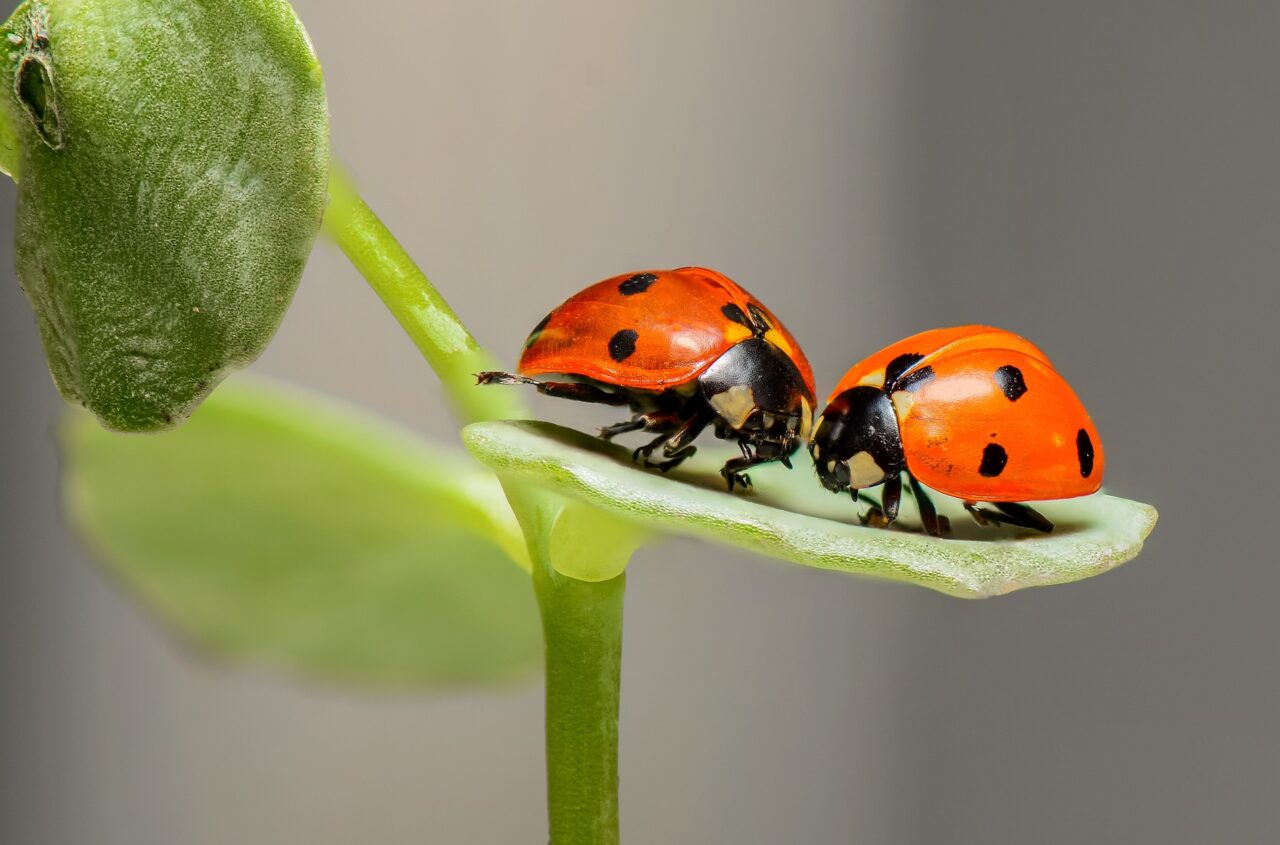Ladybugs, with their vibrant colors and charming appearance, are commonly associated with good luck and often regarded as harmless creatures. However, there have been speculations and myths regarding the presence of ladybug poison. In this article, we will explore the truth behind ladybug poison, their defensive mechanisms, potential allergic reactions, and how to handle these fascinating insects safely.
You may also want to read about the top 7 big spider species.
Introduction
Ladybugs, also known as ladybirds or lady beetles, belong to the Coccinellidae family. They are small, colorful insects that are widely appreciated for their role in controlling garden pests. While ladybugs are generally harmless and beneficial, understanding their defensive strategies and any potential risks associated with them is important.
Ladybug Poison: Fact or Fiction?
Ladybug poison is a topic that has sparked curiosity and misconceptions. Let’s delve into the facts and dispel any myths surrounding ladybugs and their supposed toxicity.
Types of Ladybugs
There are numerous species of ladybugs, each with its own unique characteristics and color patterns. The most common ladybug species include the seven-spotted ladybug (Coccinella septempunctata), the Asian lady beetle (Harmonia axyridis), and the convergent lady beetle (Hippodamia convergens). It’s important to note that not all ladybugs are the same, and their defensive mechanisms can vary.
Defensive Mechanisms of Ladybugs
Ladybugs have evolved several defensive mechanisms to protect themselves from predators. These mechanisms include:
Chemical Secretions
Ladybugs can produce toxic compounds called alkaloids, which are stored in their body fluids. These alkaloids serve as a deterrent to predators, giving ladybugs a foul taste and odor. When threatened, ladybugs release these toxic compounds as a defense mechanism.

Playing Dead
Ladybugs have the ability to play dead when faced with a potential threat. They tuck their legs and antennae close to their body and remain motionless, resembling a lifeless object. This behavior aims to confuse predators and make them lose interest.
Ladybugs and Chemical Compounds
Ladybugs possess chemical compounds known as pyrazines, which contribute to their distinctive smell. While these compounds can cause an unpleasant taste and odor to predators, they are not harmful to humans. In fact, the scent of ladybugs is often associated with a fresh, earthy aroma.
Are Ladybugs Poisonous to Humans?
Contrary to popular belief, ladybugs are not poisonous to humans. The toxic compounds produced by ladybugs are primarily meant to deter predators in their natural environment. Ladybugs do not pose a threat to human health.
Allergic Reactions to Ladybugs
Although ladybugs are not poisonous, some individuals may experience allergic reactions when coming into contact with ladybug secretions or their exoskeleton. Allergic reactions can range from mild skin irritation, redness, and itching to more severe symptoms such as difficulty breathing or swelling. If you experience any adverse reactions after handling ladybugs, it is advisable to seek medical attention.
Handling Ladybugs Safely
To avoid potential allergic reactions and ensure the well-being of ladybugs, it is important to handle them safely:
Gentle Approach
When encountering ladybugs, approach them with a gentle touch. Avoid squeezing or harming them, as this may cause them to release defensive secretions. Instead, use a soft, flat surface like a piece of paper or card to gently guide them if necessary.

Wash Hands
After handling ladybugs or coming into contact with them, it’s a good practice to wash your hands thoroughly with soap and water. This helps remove any potential allergens or irritants and reduces the risk of transferring any substances to sensitive areas like the face or eyes.
Avoid Ingestion
While ladybugs are not toxic, it is advisable to avoid intentionally ingesting them. Ladybugs may carry bacteria or parasites, which could pose a health risk if consumed.
Benefits of Ladybugs
Ladybugs play a significant role in natural pest control and have numerous benefits in garden ecosystems. Here are some reasons why ladybugs are beneficial:
- Pest Control: Ladybugs are voracious predators of aphids and other garden pests, helping to naturally control their populations and reduce the need for chemical pesticides.
- Pollination Aid: Ladybugs also contribute to pollination by visiting flowers in search of nectar and pollen, aiding in the reproduction of various plants.
- Indicator of Ecosystem Health: The presence of ladybugs in gardens or natural habitats can indicate a healthy and balanced ecosystem, as they thrive in environments with an abundant food supply.
Conclusion
Ladybug poison is a misconception that has circulated for some time. Ladybugs are not poisonous to humans and pose no significant health risks. While they possess defensive mechanisms and secretions that deter predators, these substances are not harmful to humans. Understanding and appreciating the benefits of ladybugs in natural pest control and maintaining a safe approach when handling them ensures a harmonious coexistence with these remarkable insects.
FAQs
- Are ladybugs harmful to plants or gardens?
- Ladybugs are beneficial insects that help control pests in gardens. They primarily feed on aphids and other small insects that can damage plants. Therefore, ladybugs are considered helpful allies for gardeners.
- Can ladybugs bite humans?
- Ladybugs are generally harmless to humans and do not bite. They have small, non-threatening mouthparts designed for feeding on soft-bodied insects.
- Do ladybugs transmit diseases?
- Ladybugs do not transmit diseases to humans. However, like any other animal, they may carry bacteria or parasites, so it is advisable to avoid direct contact with them and practice proper hygiene.
- Why do ladybugs release a yellow substance when handled?
- The yellow substance released by ladybugs when handled is a defensive secretion. It is primarily composed of hemolymph, which is their equivalent of blood. The secretion is meant to deter predators and protect the ladybug.
- Can I keep ladybugs as pets?
- Ladybugs are not typically kept as pets due to their role in natural ecosystems. It’s best to appreciate and observe them in their natural habitats, such as gardens or outdoor environments.
